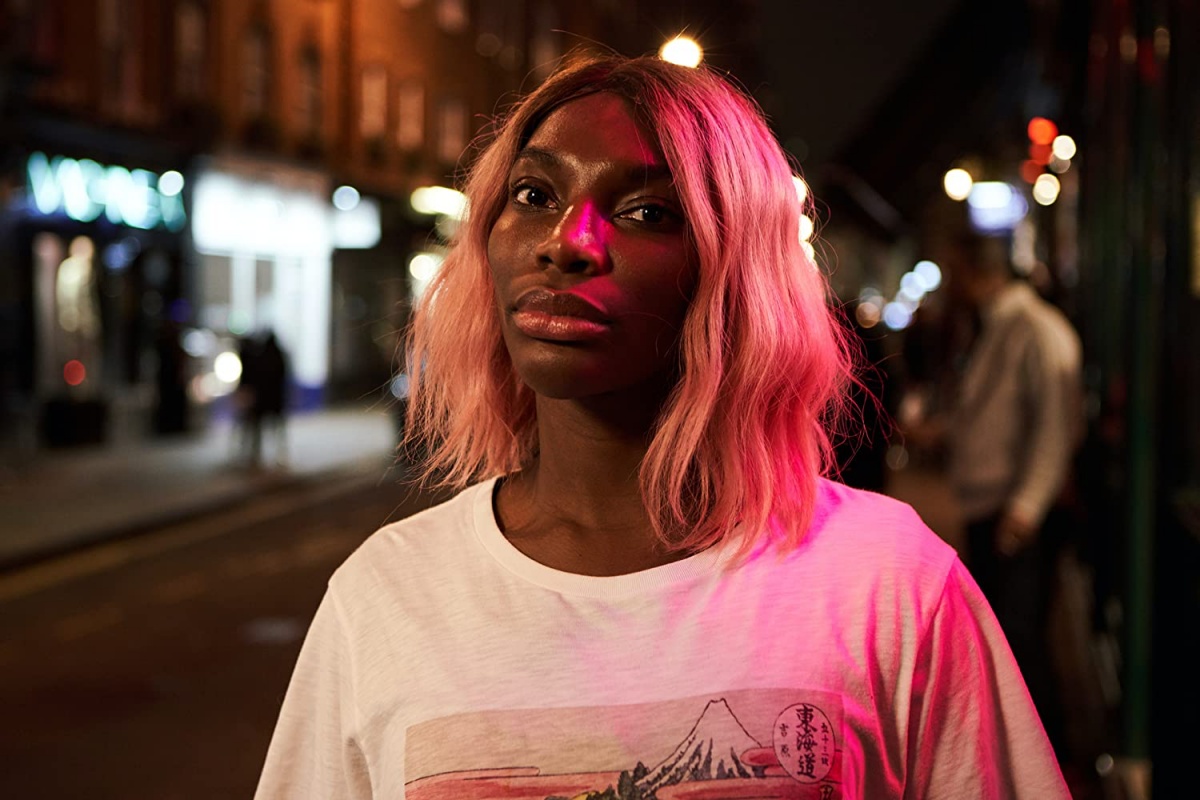There Is Nothing Limiting About Being a “Black” Show

Last week, British actor and writer Michaela Coel returned to television with her HBO project I May Destroy You, which tells the story of Arabella, played by Coel, a writer dealing with the aftermath of her sexual assault. I already voiced my praise of the show, but as I was looking at interviews with Coel and the cast, one from The Guardian stood out for me because it asked a question about the show being “pigeonholed as a ‘black show.'”
Davis: The majority of the show’s key players are black, which is rare on TV. Do you worry about being pigeonholed as a ‘black show’?
Michaela Coel (Arabella): I don’t really think about that stuff, I just make content. We need diversity on screen, but I do not start my work with anxiety about that. I’m writing a story – and the best people took the parts. I wasn’t crowbarring anything in. I’ve got no worries in terms of this. My only desire is to get shows like this made more often. With streaming services, the little image on the front can influence whether people click or not and I find that really sad.
Davies: Your characters code-switch, speaking differently when they talk to other people. How important is authenticity for you?
MC: To me, these things aren’t conscious. Maybe that’s a sign of living in authenticity, to not be thinking about these things. There isn’t a formula.
This is a series of questions I found interesting because, when I look at television today, a proximity to Blackness seems to be heavily desirable. Shows want the approval of Black audiences and our interactions on Twitter. What’s more is that, as Black creators get to make more projects that allow them to tell stories that are not just about Blackness, it allows them to be more authentic. Black-ish is a show, much like Dear White People, about bridging racial divides—teaching as much as entertaining.
However, when you get to shows like Atlanta, Insecure, and now I May Destroy You, we are seeing Black people writing for themselves and just expecting people to follow along or move on by.
In this week’s episode of I May Destroy You, we saw Tiff, a working Black actress auditioning for a “feminist” commercial, get a series of patronizing and microaggressive comments about her hair. It wasn’t a preachy moment, just a candid moment of the reality of what it means to be a Black actress. We also saw tender moments of Tiff helping Arabella fall asleep and putting her headwrap on. Those are authentic moments of Blackness that are becoming a more normal part of television.
What’s more is that questions like this, without meaning to, flatten what it means to be Black. It is not a monolithic experience, and within it, there are countless stories to be made—not to mention, to give white audiences credit, they have shown themselves to be willing to watch Black television for decades.
Fresh Prince, Sister Sister, Family Matters—hell, I’ve met white guys who grew up watching more Good Times than me. Being a Black show isn’t pigeonholing shows; it’s just highlighting who is creating it: Black voices.
(image: HBO)
Want more stories like this? Become a subscriber and support the site!
—The Mary Sue has a strict comment policy that forbids, but is not limited to, personal insults toward anyone,
Have a tip we should know? tips@themarysue.com